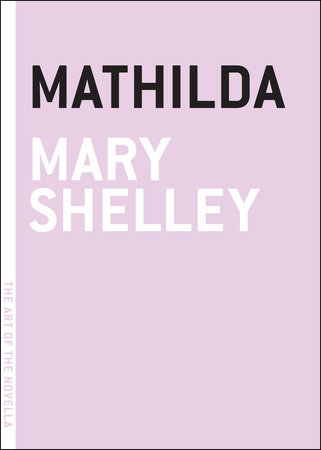Mathilda

But my father, my beloved and most wretched father... Would he never overcome the fierce passion that now held pitiless dominion over him?
With its shocking theme of father-daughter incest, Mary Shelley’s publisher—her father, known for his own subversive books—not only refused to publish Mathilda, he refused to return her only copy of the manuscript, and the work was never published in her lifetime.
His suppression of this passionate novella is perhaps understandable—unlike her first book, Frankenstein, written a year earlier, Mathilda uses fantasy to study a far more personal reality. It tells the story of a young woman whose mother died in her childbirth—just as Shelly’s own mother died after hers—and whose…
$13.00
May 1, 2006Mary Shelley was born in London in 1797, the daughter of two of the era’s most radical writers: William Godwin, the anarchist utopian, and feminist Mary Wollstonecraft, who died from the childbirth. After a difficult childhood under a demanding stepmother, she ran off to the Continent at age 17 with her father’s wealthy—and married—benefactor, the poet Percy Bysshe Shelley, although they did not get married until the suicide of Shelley’s wife two years later. Despite close intellectual bonds the marriage was unhappy, due to Percy Shelley’s regular campaigning for open “utopian” sexual relationships (with her sister, for one), and the deaths of three out of their four children. In 1817, while visiting Lord Byron at Lake Geneva, the three challenged one…
